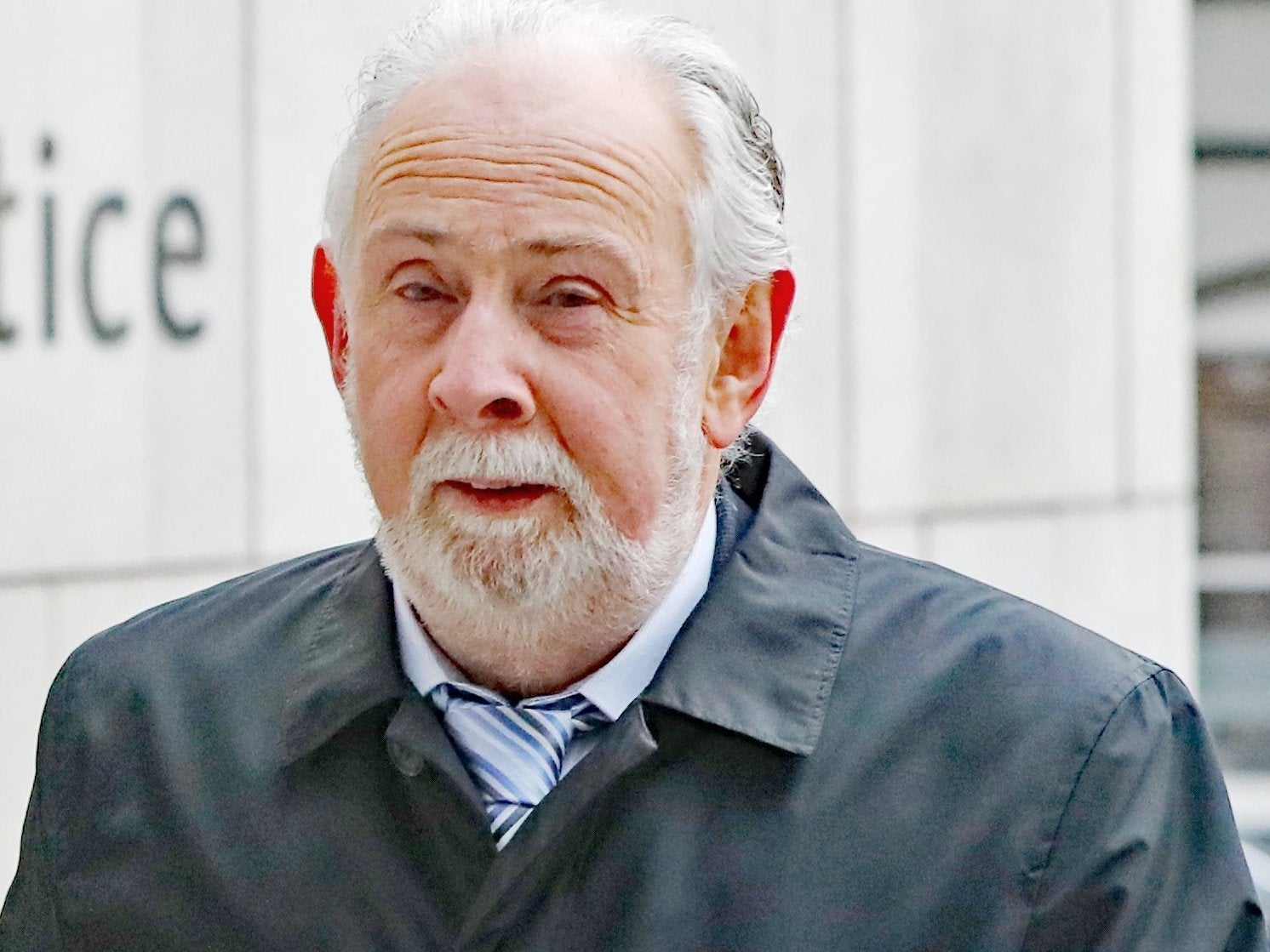John Downey: Hyde Park bomb suspect can be extradited to Britain from Ireland, High Court judge rules

The prime suspect in the 1972 murder of two soldiers with a bomb in London's Hyde Park, can be extradited from the Republic of Ireland to Northern Ireland, a judge at Dublin High Court has ruled.
Justice Aileen Donnelly granted the order for the surrender of John Downey.
The 67-year-old, whose trial for the IRA's London bombing collapsed in controversy five years ago, is wanted by prosecutors in Northern Ireland over the 1972 murder of two Ulster Defence Regiment (UDR) soldiers in Enniskillen.
Downey, from County Donegal, was detained in the Republic of Ireland last October under a European arrest warrant.
He has always denied any involvement in the Hyde Park attack.
Northern Ireland's Public Prosecution Service initiated extradition proceedings last year after determining it had sufficient evidence to charge him with the murders of Lance Corporal Alfred Johnston, 32, and Private James Eames, 33.
The soldiers died when an IRA bomb exploded in a car they were checking in Cherrymount, on 25 August 1972.
In 2013, Downey was charged with murdering four Royal Household Cavalrymen in a bomb in London's Hyde Park in 1982.
He stood trial at London's Old Bailey, but the case dramatically collapsed after it was revealed he had received a written assurance from former prime minister Tony Blair's government that he was not actively wanted by the authorities.
The letter was issued under the terms of the controversial On The Runs (OTRs) scheme.
During an extradition hearing on the matter last month, Downey's barrister Garnet Orange SC made an appeal to Ms Justice Donnelly not to proceed with the hearing until after March 29, when Brexit matters have been clarified.
However, Remy Farrell, barrister for the State, said Downey's counsel did not identify how his client would be impinged by Brexit.
Press Association
